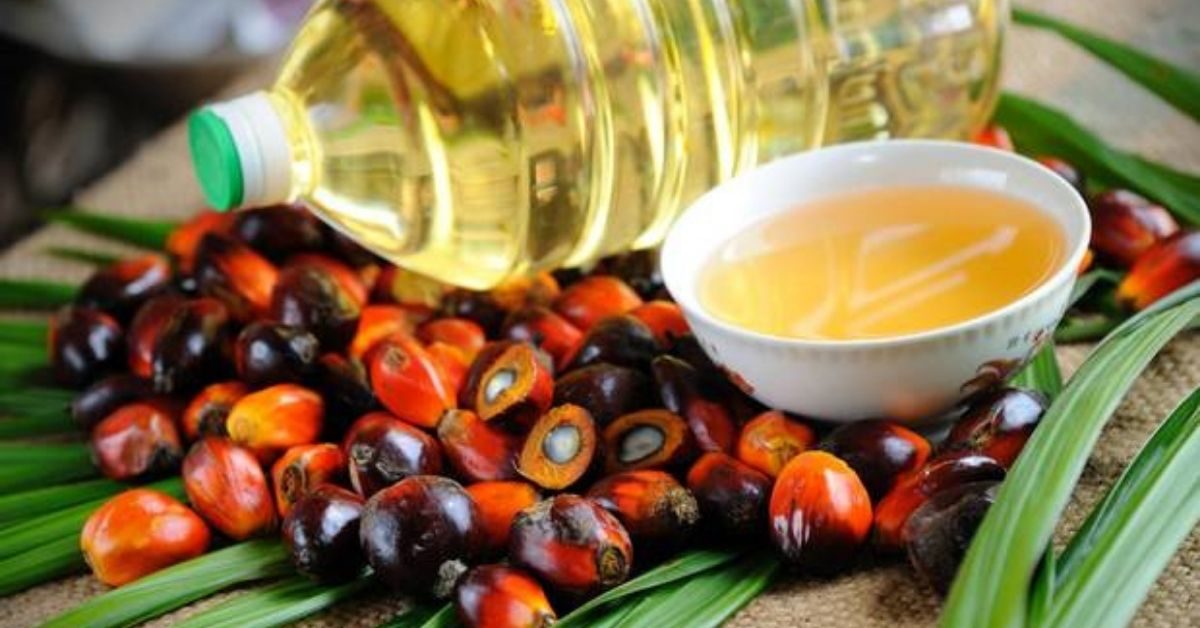India’s palm oil imports are set to rise in the current marketing year due to the recent government easing of restrictions on the importation of processed palm oils, but the move is expected to prove a setback to the country’s edible oil refiners, according to B.V. Mehta, executive director of the Solvent Extractors’ Association of India.
India’s imports of palm oil could have been well below 8 million mt in the marketing year 2020-21 (November-October), but the June ruling changed that, said Mehta, head of the major trade body of Indian vegetable oil refiners and traders.
“I am [now] expecting palm oil imports to be around 8 million-8.5 million mt in the current year,” Mehta told S&P Global Platts in an exclusive interview.
New Delhi on June 29 reduced the effective import tax rate on CPO to 30.25% from 35.75% per metric ton in a bid to bring down retail prices of edible oils.
The ruling also removed Refined, Bleached and Deodorized olein or RBD palm olein, a popular refined cooking oil, from a restricted import list and reduced the import tax on the product from 49.5% to 41.25%/mt.
However, as olein is cheaper to buy and does not need to be refined, it is currently the cheapest vegetable oil import available to Indian buyers.
And with olein now able to be imported directly into the country, local refiners have no incentive to import CPO and refine it into olein.
“Palm oil is lucky. Since the government has freed imports of RBD olein, India will import more palm oil,” Mehta said.
India’s palm oil imports fell to 7.21 million mt in 2020 from 9.4 million mt in 2019 due to nationwide lockdowns.
The country is the world’s largest buyer of vegetable oils, importing around 15 million mt/year, the lion’s share of which is palm oil, followed by soybean oil and sunflower oil.
This is likely to fall to 13 million mt in MY 2020-21 — a five-year low — according to Mehta, after a pandemic resurgence over April-June impacted local distribution and demand for oils.
The view from the high-profile Solvent Extractors’ Association head comes at a time when production concerns, renewed global interest in biodiesel and a broader commodity rally have pushed vegetable oil prices to their highest in a decade.
Olein to flood markets
Following India’s tax changes, palm oil prices, which had been gradually correcting after hitting a 13-year high in May, snapped back up by 9% in July on Malaysia’s benchmark BMD index as traders factored in a revival in demand from India.
“I think India’s July veg oils imports will go up to 1 million-1.2 million mt, of which palm will be around 65%,” Mehta said.
India’s veg oil imports had dipped below 1 million mt in June as a second wave of COVID-19 infections impacted the HoReCa sector (Hotels, Restaurants and Catering) – where palm oil is predominantly used due to its price advantage over other edible oils.
With relaxations on imports of RBD palm olein and palm stearin, Mehta expects their imports to flood the Indian market as RBD palm olein has an 11% price advantage over CPO until September. “After that, the basic tax on CPO goes back to 15%, this price advantage will increase to 13%,” Mehta said.
“On the supply side as well, Indonesia imposes a lower levy on RBD palm olein than CPO, so naturally Indian buyers will go for olein,” he added.
Indonesia charges $291/mt in taxes and levies on CPO, $104/mt more than its $187/mt export tax and levy on RBD palm olein till end-July. From August, this difference has narrowed to $97/mt as Indonesia reduced its export tax on CPO on July 28.
Malaysia, the world’s second-largest producer of palm oil, provides an export subsidy of around $90/mt of RBD olein to its local refiners.
Local industry worries
New Delhi’s new rules will hit Indian edible oil refiners “below the belt” as their margins rely on the now-removed restrictions on import of refined edible oils to level the playing field with Indonesia and Malaysia, according to Mehta.
“This is what is worrying us today. With this new ruling, refiners will be compelled to close the refineries or import RBD palm olein and repackage it just to maintain their brand,” he said.
Adding to this industry concern, India’s domestic vegetable oil output is also likely to take a hit due to unfavorable weather.
Local oilseed production may flag as an unexpected dry spell in June pushed farmers to shift from oilseeds like soybean and groundnut to cotton and corn that require less water, Mehta said.
In India, the progress of the monsoon in June and July is an important factor in planting decisions for the Kharif season (India’s fall harvest) as most of these crops are rainfed and not irrigated.
“Overall oilseed acreage is down by 2 million hectares from last year [data till July 15] because of the dry spell. Mind you, the sowing is still in progress. So, August will give us a clear picture of how much the oilseed has been planted,” Mehta said.
“I won’t be surprised if oilseed acreage which was supposed to be up from last year ends up being the same this year,” he added.
Source : Hellenic Shipping News







